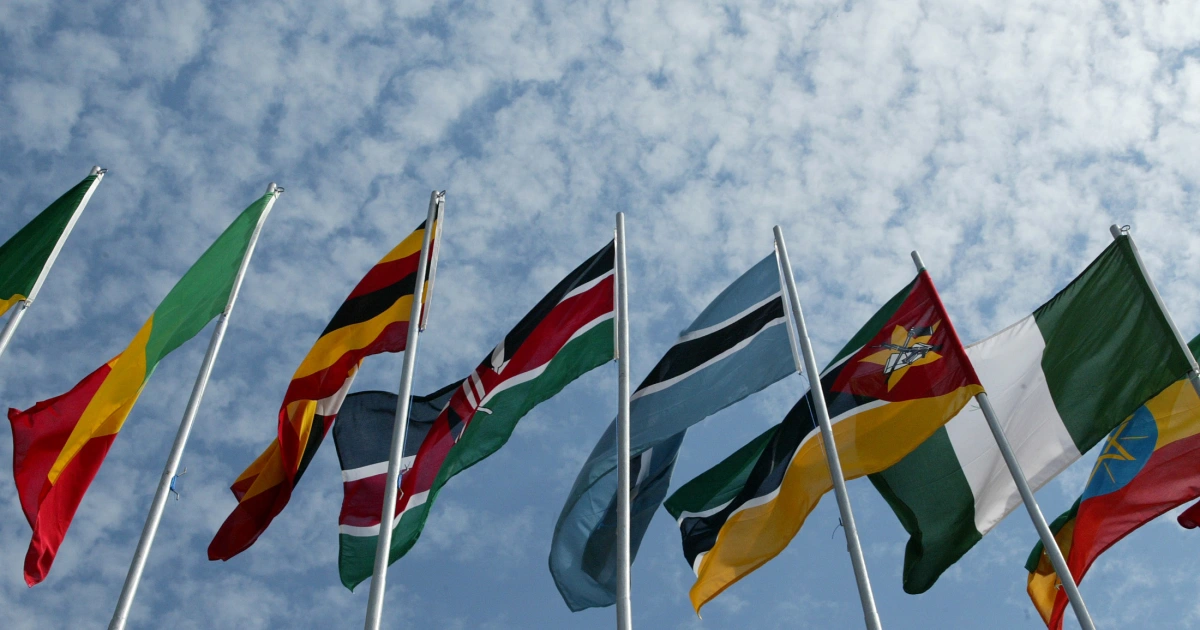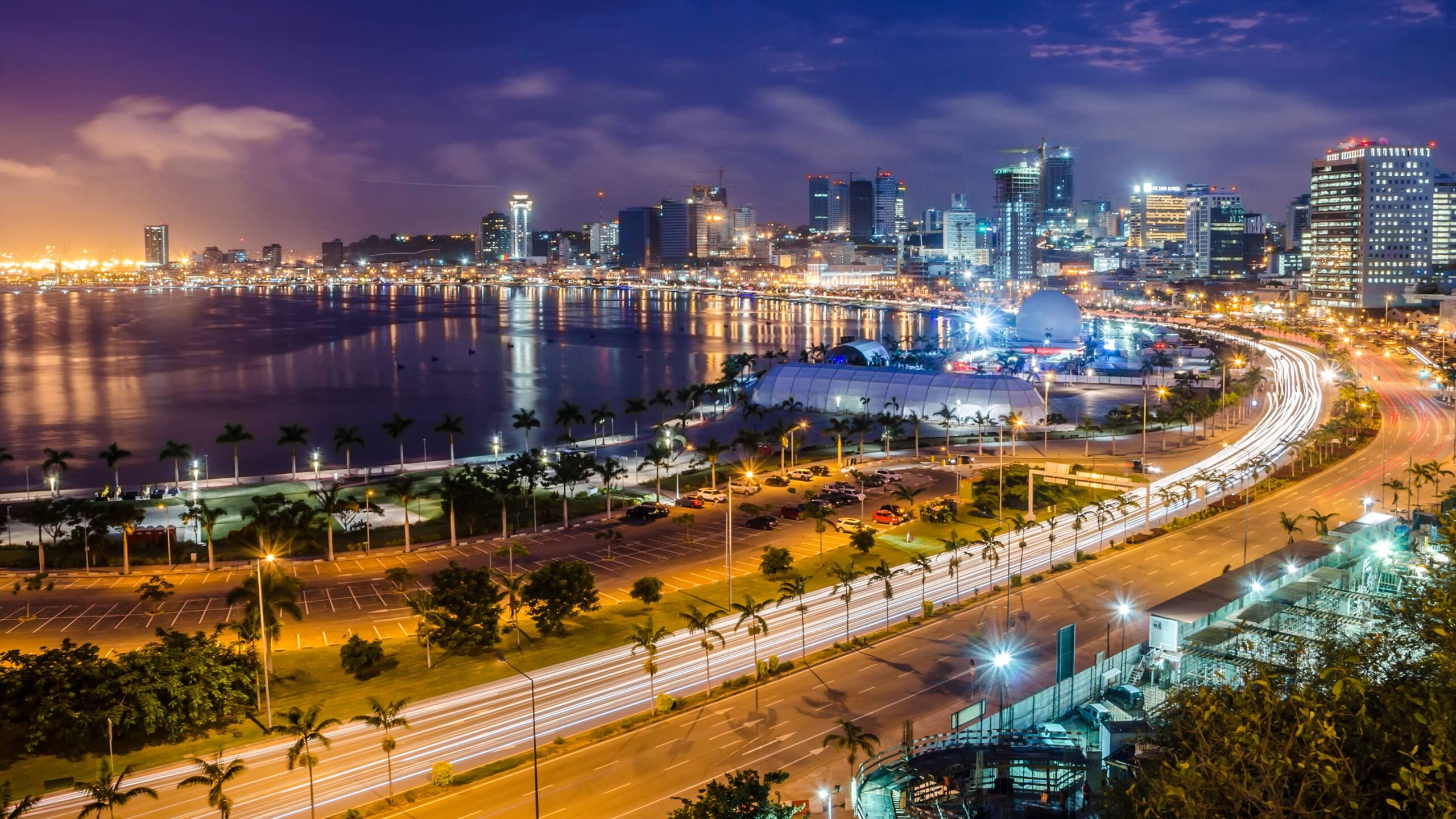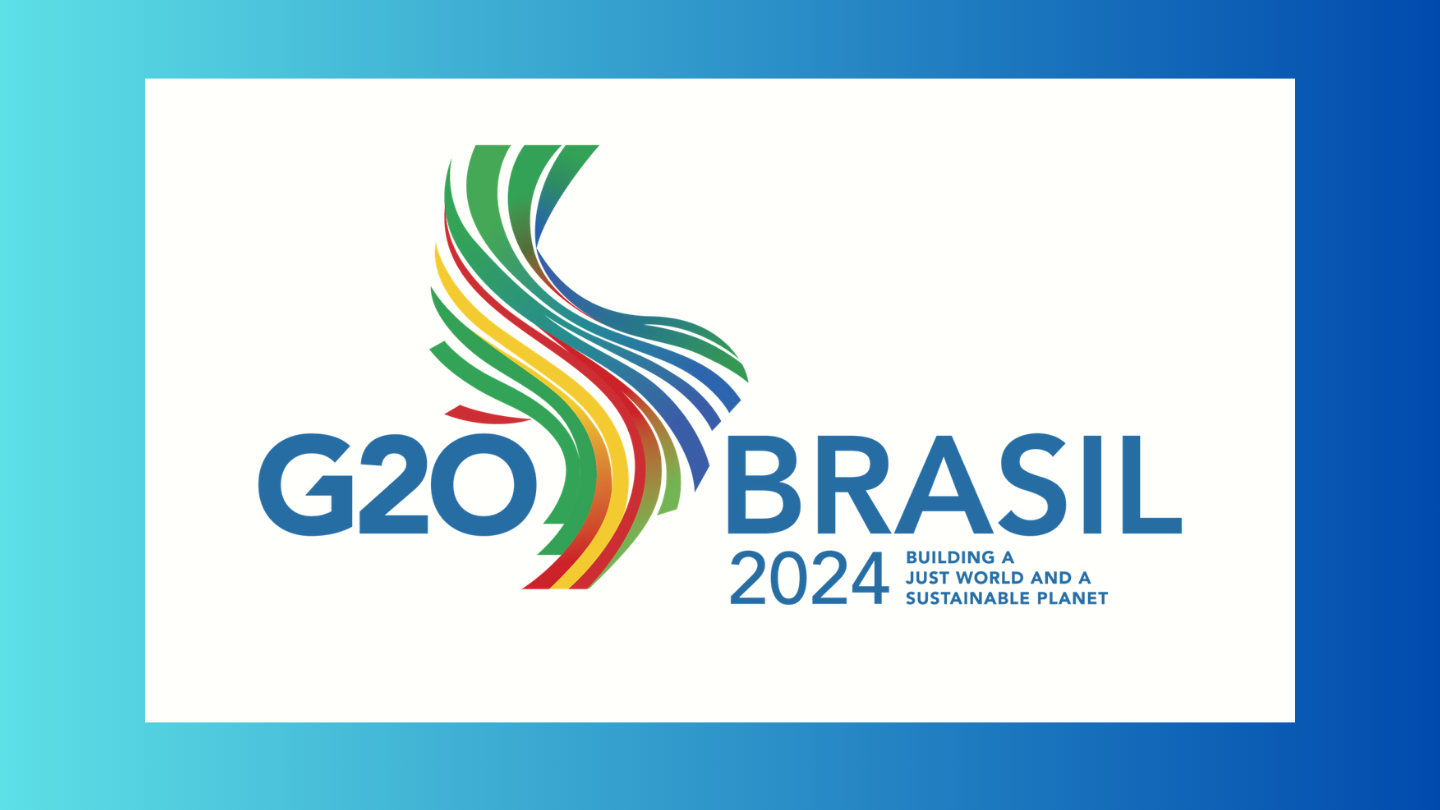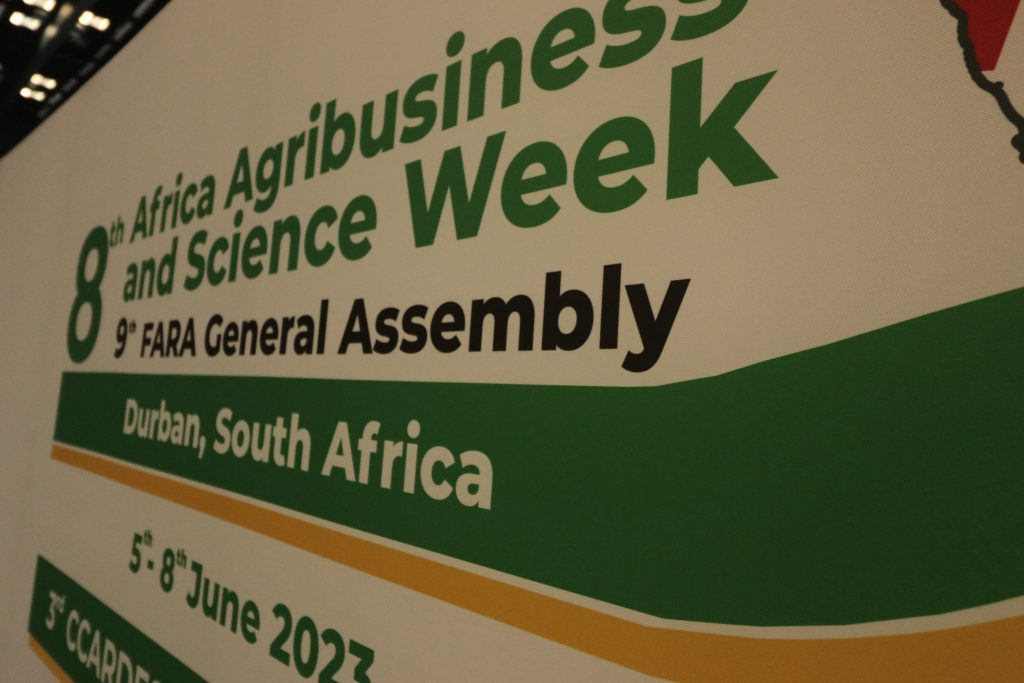African leaders will hold a summit on Saturday and Sunday at the headquarters of the African Union (AU) in Addis Ababa with the aim of accelerating the implementation of the continental free trade area (AfCFTA).
The summit, the 36th of the organization, will bring together 35 Presidents and 4 Prime Ministers.
The officials will ponder over the quick implementation of the AfCFTA initially planned into force in July 2020 but has been delayed due to the pandemic.
The World Bank in report argues that the AfCFTA made of a market of 1.3 billion people and a combined GDP of $3.5 trillion, stands as an opportunity for African countries to diversify their exports, accelerate growth and lure investments.
As it stands, trade between African countries on the continent only represents 15 per cent.
Even though the market looks tantalizing and offers the opportunity for AU member states, there are still roadblocks for its implementations.
Out of 54 countries, only Eritrea has not subscribed to the AfCFTA agreement. Several other countries have raised diverse concerns.
Some of these concerns have to do with the free movement of people and goods. Some countries fear the agreement may cause a flux of people’s movement that they can’t control.
Other worries touch on custom tax reduction for least developed countries. Per the agreement, 90 per cent custom tax on goods should be removed and reduce obstacles to trade of services.
Though international agencies and the World Bank notes that the move constitutes a tangible step to increase trade and raise real revenues by 7 per cent, by 2035, several countries, which are a bit in advance, are reluctant.
The continent has been hard hit by the pandemic and the economic recovery is still slow following another blow by the ongoing crisis between Russia and Ukraine.
Also at the summit, leaders will also address the security situation on the continent. The Democratic Republic of Congo (DRC) is still a hotbed conflict zone. In the East of the country state forces are still clashing with rebels including M23 group believed back by Rwanda though Kigali has vehemently denied any wrongdoing.
Terrorism is also rampant in some of the countries of the continent. Burkina Faso, Niger, Mali, Togo, Benin are grappling with terror groups – a situation that caused internal and external displacement of local populations.
Mali, Burkina Faso and Guinea are also headaches for the AU as they are currently headed by juntas. The countries demanded their reinstatement in the AU but the Addis Ababa-based continent bodies demand a civilian rule in various countries before any change in its decision.
Azali Assoumani, leader of Comoro Islands will officially take over from Senegal’s Macky Sall as the new Chairperson of the organization.



